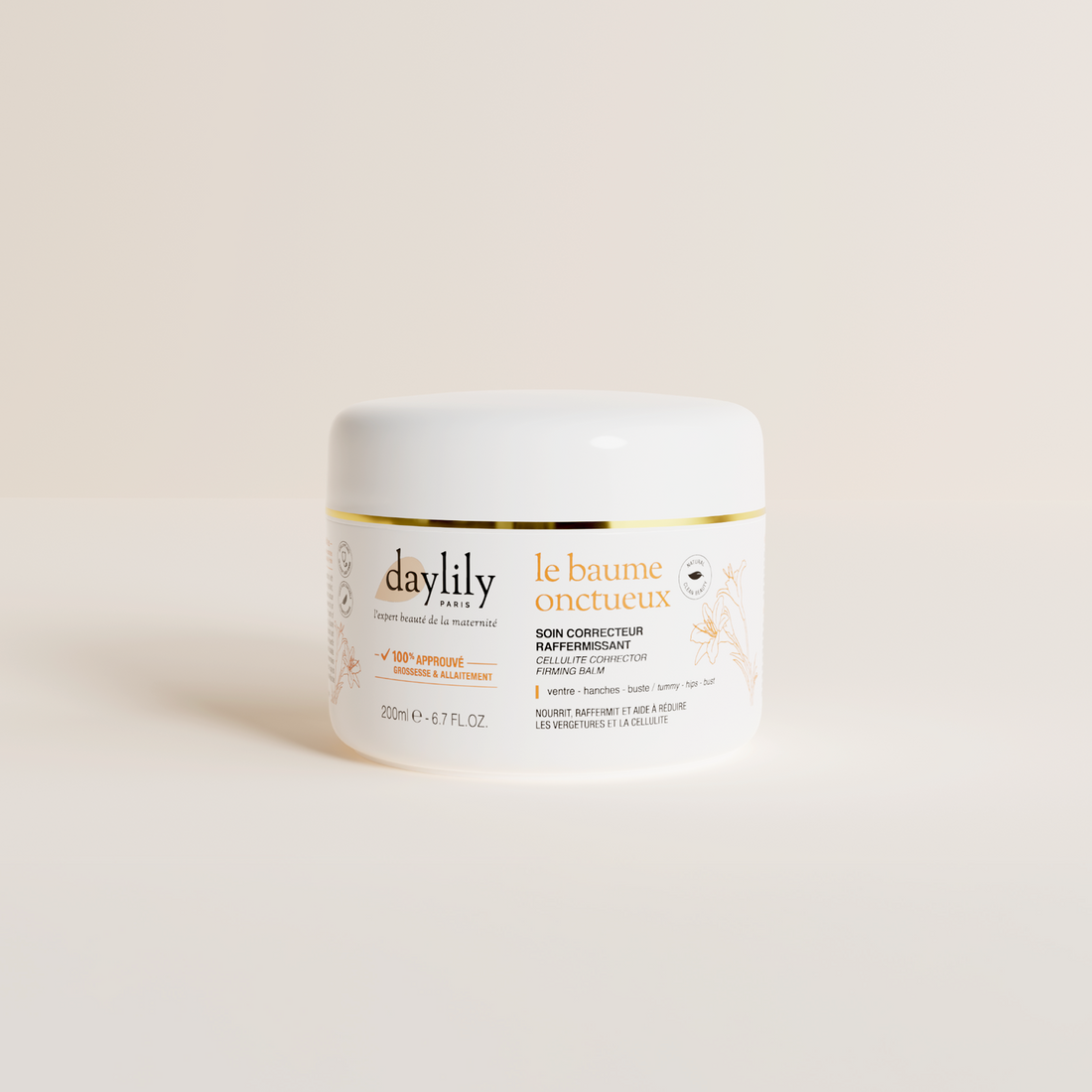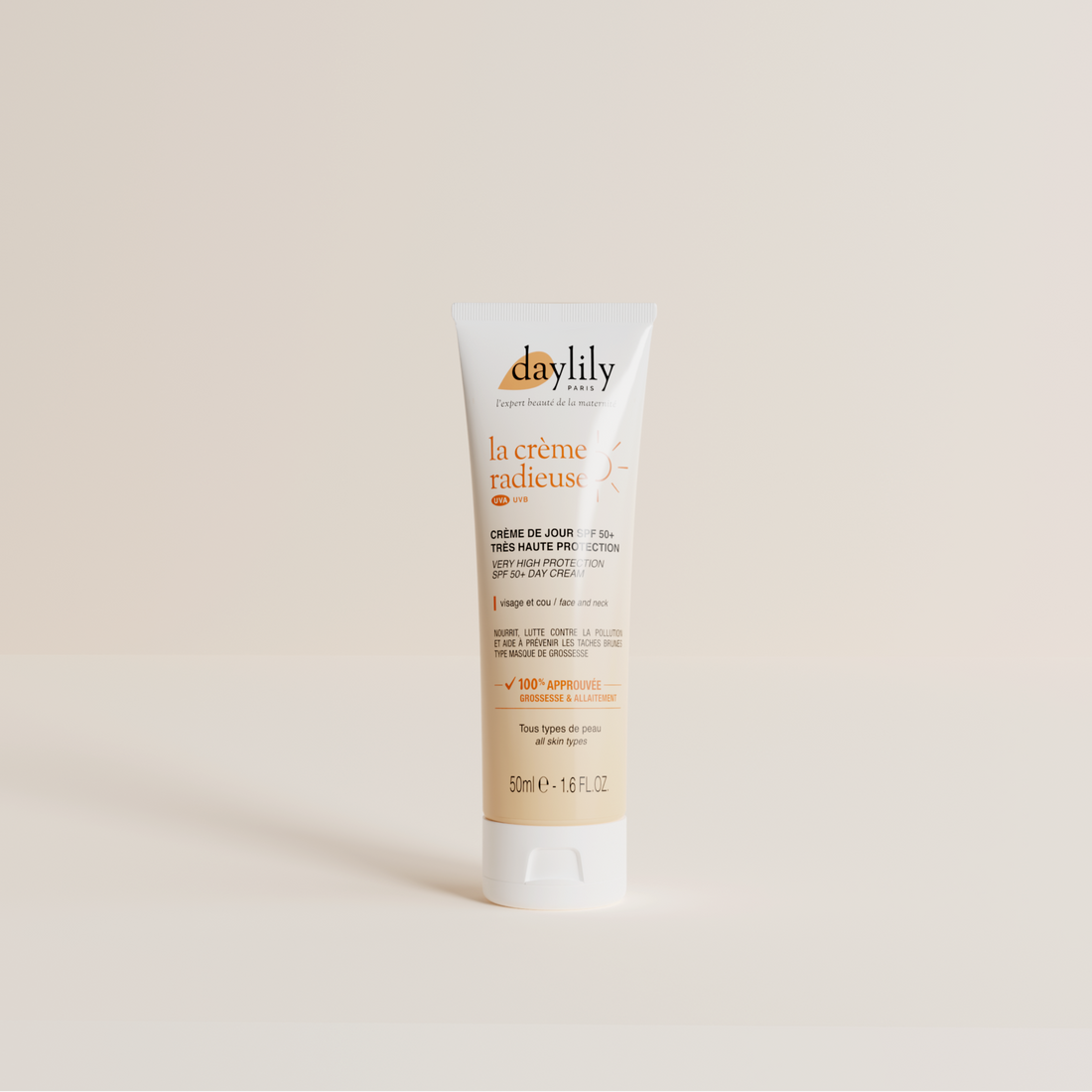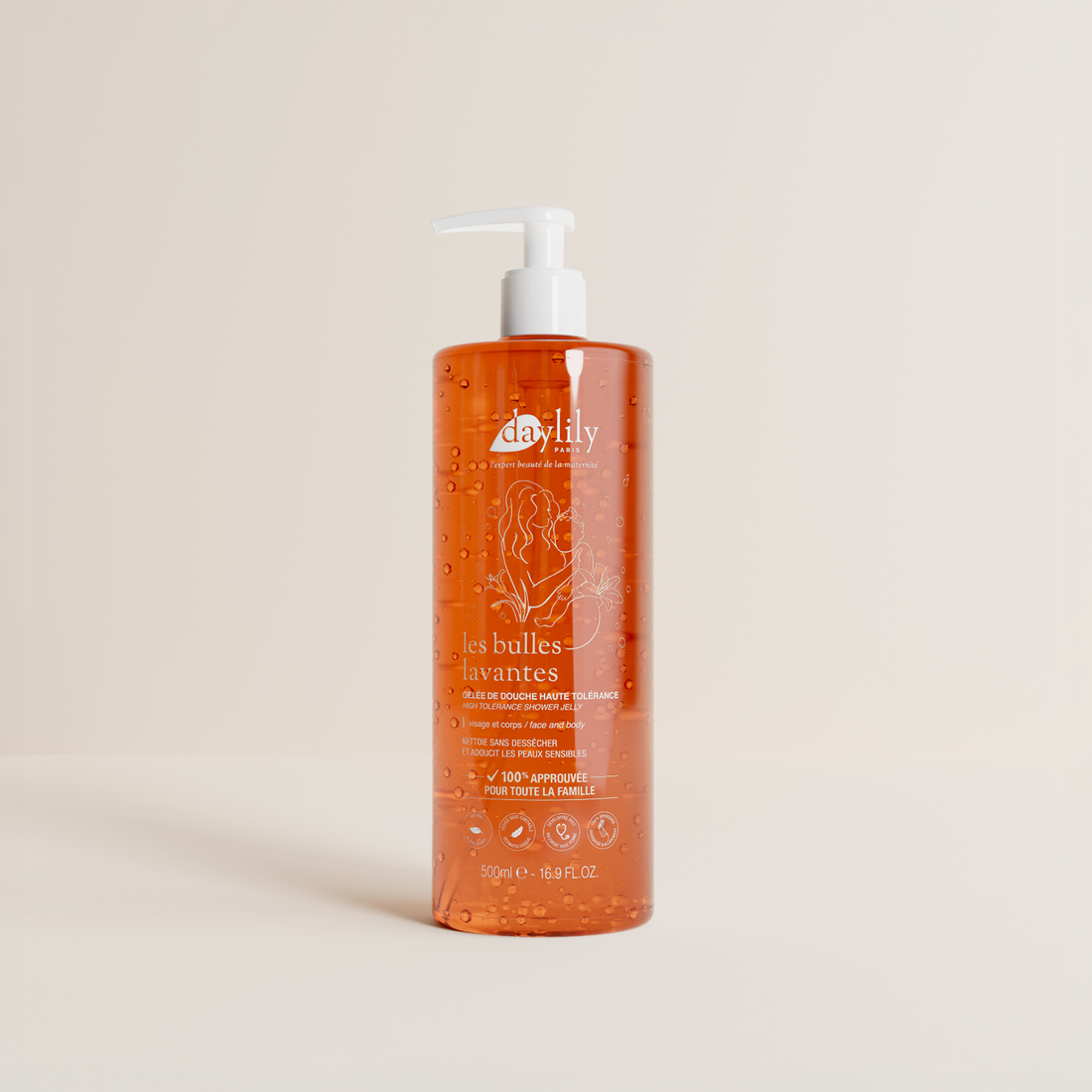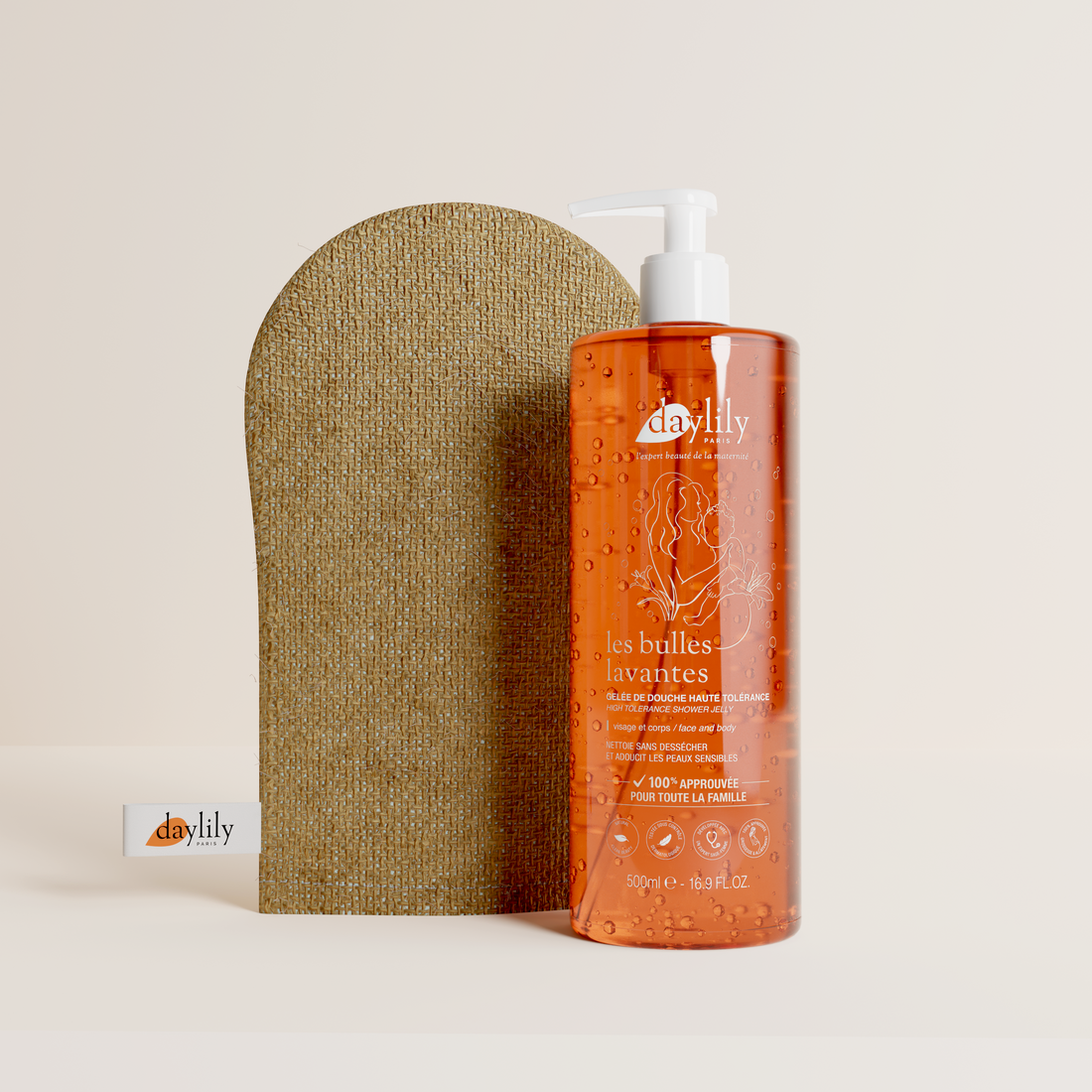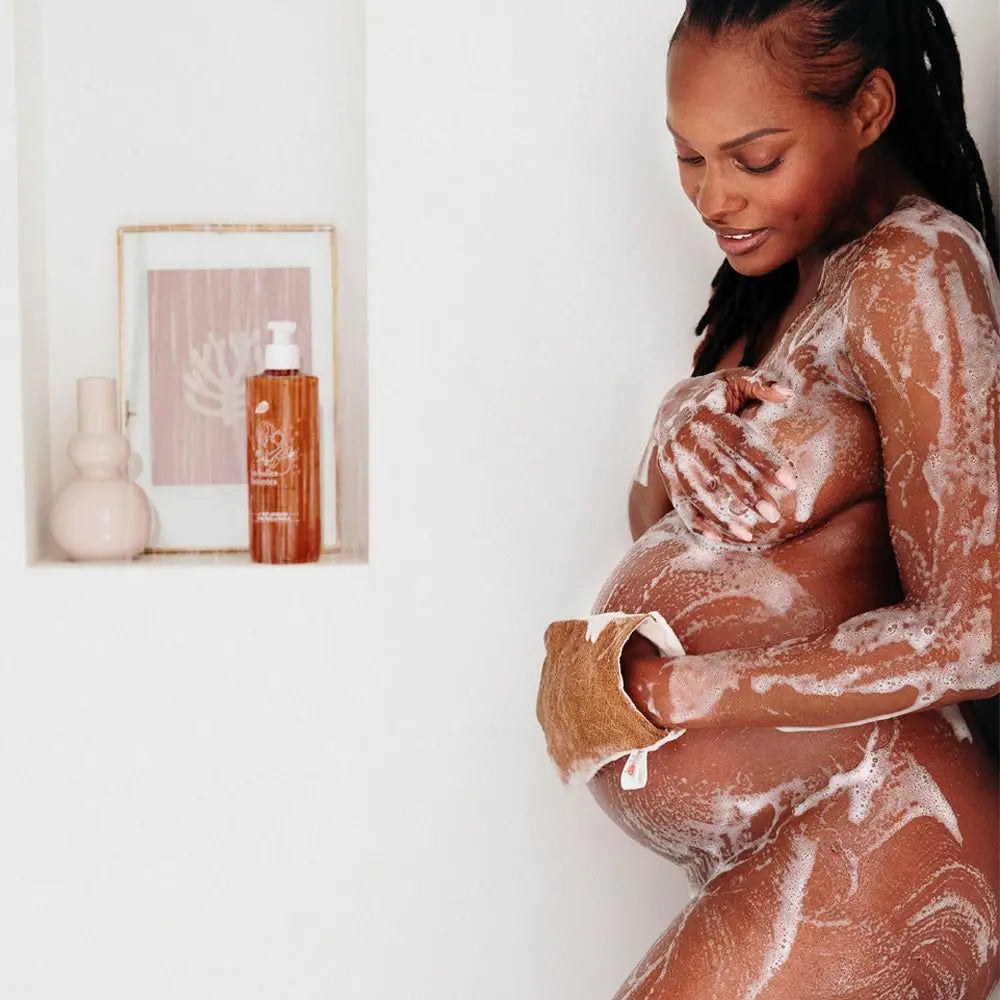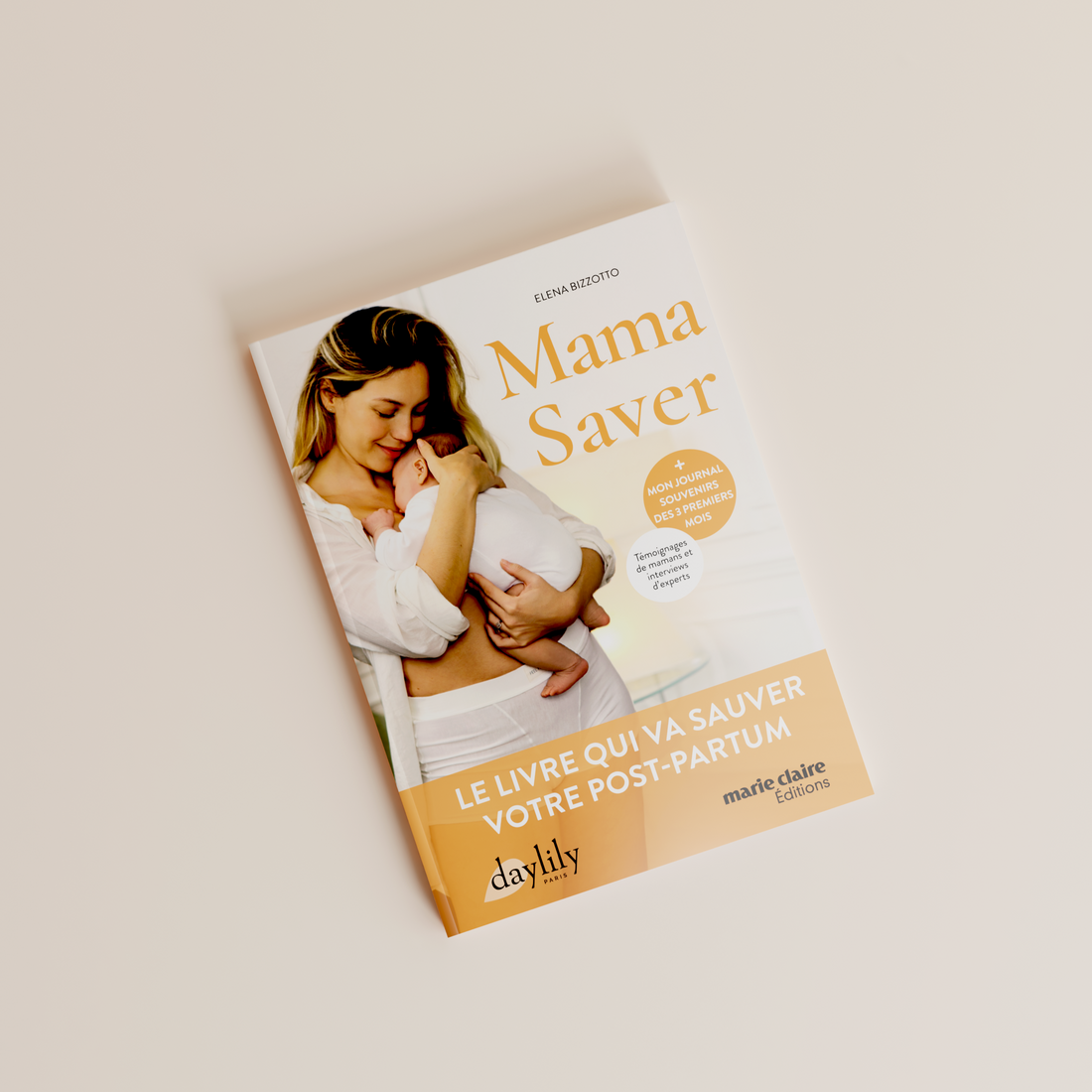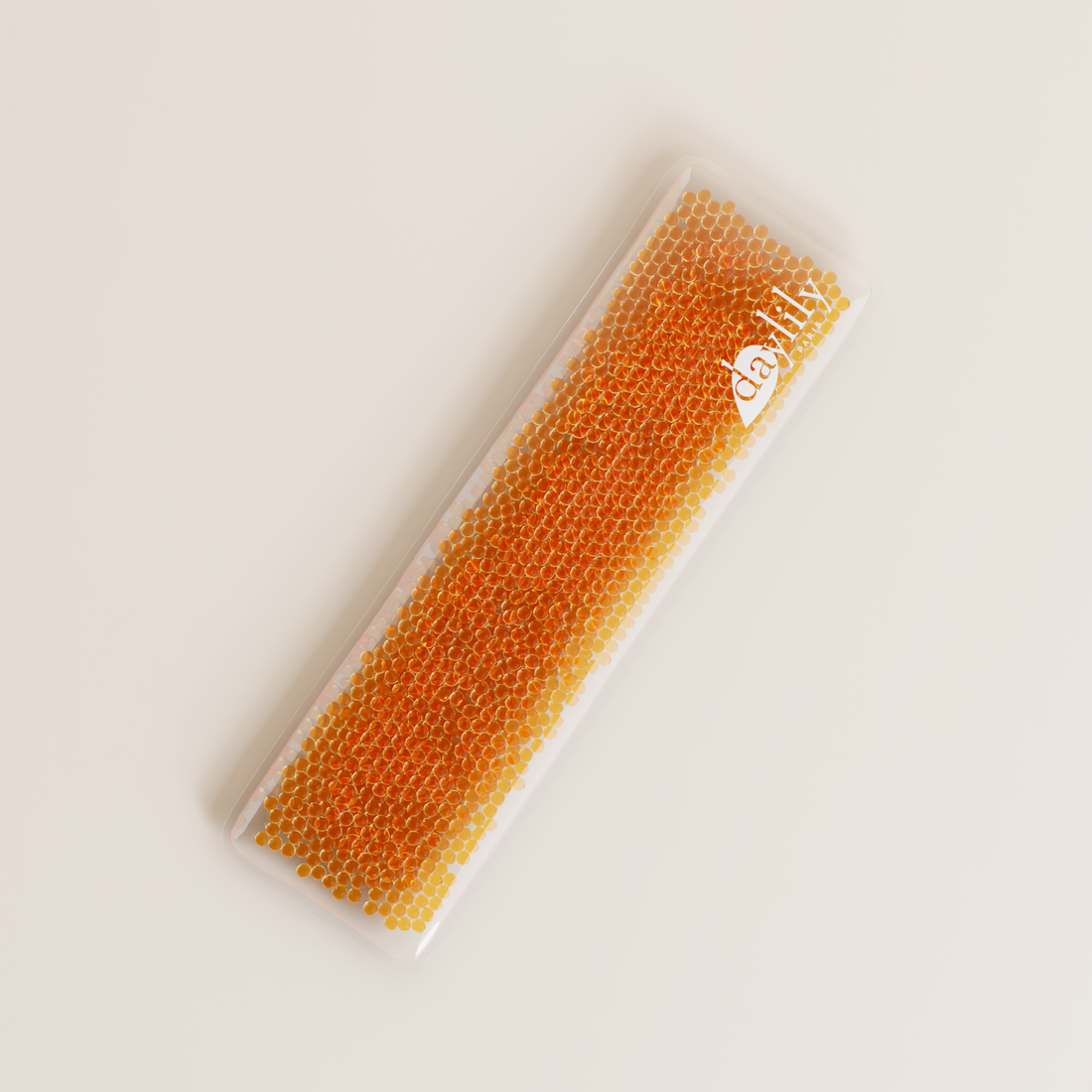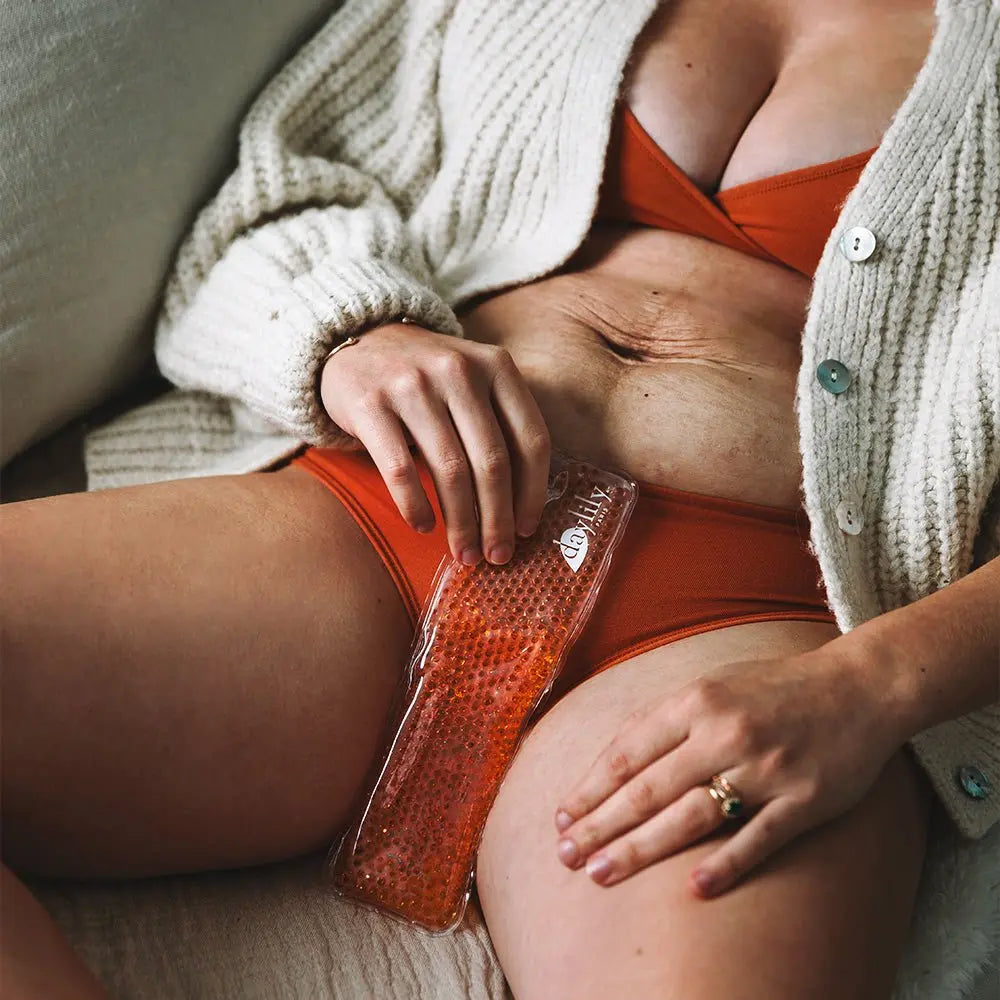Daylily Paris is a brand of clean, sensory and effective skincare products, made in France and 100% compatible with pregnancy and breastfeeding. We are also committed to sharing quality information for informed and uninhibited motherhood. 🧡
What is separation anxiety?
The fear of abandonment is one of the important transition stages in babies. This separation anxiety generally manifests itself around 8-10 months, sometimes even a little earlier, and this in most little ones: there is little chance that you will escape it! However, the duration of this transition and the intensity of baby's emotions can vary greatly from one child to another: a few weeks, or a few months at most. If the period of anxiety and anxiety persists, which is rare, it may be interesting to consult your pediatrician or your doctor, who will be able to advise you to help you get through this stage.
This can happen when you drop him off at daycare or with the nanny, at bedtime or even simply when you leave the room.
During his first months of life, baby feels like he is a whole with the parent who has taken care of him most since birth, generally his mother. The attachment is strong and the relationship close: you are together permanently. Around 8-10 months, awareness of his individuality appears: the child begins to understand that he is a small being in his own right and seeing his mother move away, even for a few minutes, triggers intense emotions of fear. and frustrations.
You should know that a baby, at this age, does not master the notions of time and existence. You are next to him: perfect, he is reassured, you disappear to go to work or look for an object in another room: anxiety arrives, because he no longer sees you. He doesn't know when you'll come back, or even if you'll come back, almost as if simply no longer being in his field of vision is enough to make you disappear for good. By positioning ourselves from this point of view, we understand better why the tears come and the cries are heard!
The fear of abandonment can manifest itself with both parents, or – and this is often the case – with the one who takes care of the baby the most on a daily basis. And even if it is completely normal emotional behavior, these anxiety attacks remain a disarming moment for the young parent who does not always know how to react and help their little one get through this stage as best as possible.

How to deal with the fear of abandonment?
You understand, there is little chance that you will slip through the cracks of separation anxiety. However, you can anticipate it, to prepare baby and ensure that everything goes as smoothly as possible.
Some parents may also be anxious about parting with their baby. If this anxiety may be normal, learn to let go of the guilt! Leaving your baby in the nursery, with a relative or with the nanny is not synonymous with abandoning your baby. This choice is made for good reasons: getting back to work, reconnecting with your partner, taking time for yourself... You will learn to play down the situation and let go.
Anticipate your absences and departures
To better manage separation anxiety, try to get your baby used to being around other people from an early age. Babies who are used to seeing people generally experience a less marked fear of abandonment than those who often stay one-on-one with mom. Do not, however, force him to go into the arms of other people if he expresses his disagreement.
To gently accustom your baby to your departure, start with short absences. You can also do it in the form of a game: for example, play a game of hide and seek at home, by hiding behind a blanket and reappearing in his field of vision.
A gentle separation to manage baby's anxiety
If you have to be absent, it is important to reassure your baby by explaining the reasons for your absence (work, going out, etc.) and what will happen to him in the meantime (eating, taking a nap, taking a bath, etc.). ). This is important, even if baby, of course, has not yet developed language skills. Avoid slipping away without saying anything to avoid the moment of tears: this risks reinforcing the feeling of abandonment.
And if you go to another room, continue talking to the child, making noise, so that he feels your presence.
If baby cries, take the time to reassure him, cuddle him and do not neglect his suffering. Of course, the anxieties of separation will eventually pass, but in the meantime, it is important to console and support your little one in these new situations.

If you can, avoid starting to care for your baby at the age of separation anxiety: these long days away from mother risk accentuating fears, and the child will not be in an optimal state of mind for start daycare. The ideal age for daycare is not always easy to define, but the period of 8-9 months is generally not recommended so as not to coincide with the onset of separation anxiety. Not to mention that you, the mother, may not be completely calm at the idea of having left your baby in the middle of a crying fit – a real heartbreak for young parents!
If you can't do otherwise, establish a little ritual when you drop him off at his nanny's house, with transition periods during which you will take the time to play with him a little, cuddle him, before leaving on your own.
To give baby the impression that you are by his side, here is a tip that works quite well: give him an object (for example a cuddly toy or a t-shirt) that bears your scent. The latter will transform into a reassuring transition object for baby when leaving. Tested and approved by many parents!
Keep in mind that separation anxiety is temporary, and that little by little your child will learn to accept and manage your departures. All to help you get together better and share tender moments when you return!


